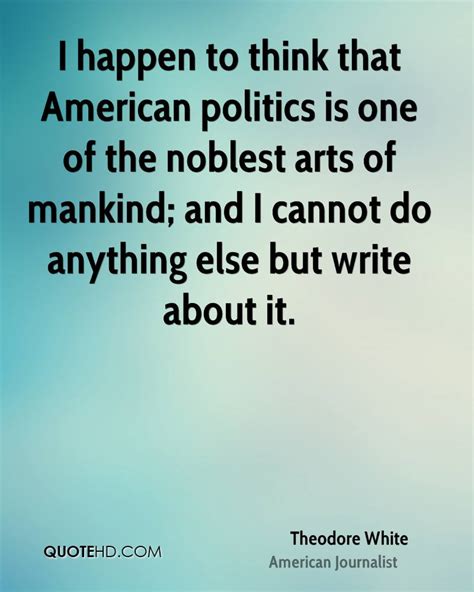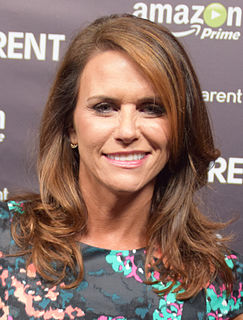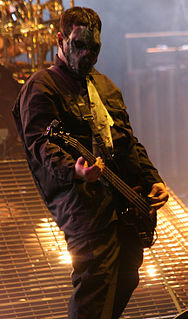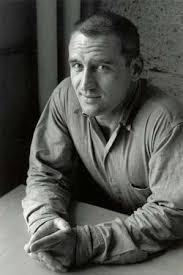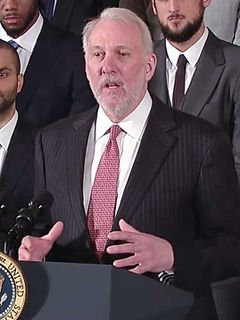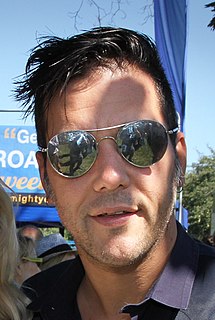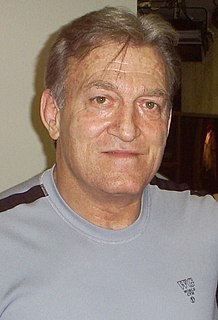A Quote by Theodore White
When a reporter sits down at the typewriter, he's nobody's friend.
Quote Topics
Related Quotes
I think I sit down to the typewriter when it's time to sit down to the typewriter. That isn't to suggest that when I do finally sit down at the typewriter, and write out my plays with a speed that seems to horrify all my detractors and half of my well-wishers, that there's no work involved. It is hard work, and one is doing all the work oneself.
A police reporter walks into the worst moment in someone's life on every single story that he covers. It's not like being a sports reporter. That's a great job and all that and takes certain skills. But, you know, they're glad to see you when you show up to cover the football game. Nobody is ever glad to see a police reporter when he shows up.
It took time to learn that the hard thing about writing is to let the story write itself, while one sits at the typewriter and does as little thinking as possible. It happened over and over again, and the beginner learned - when you start puzzling over an idea, and slowing down on the keys, the writing gets worse and worse.
When forced to leave my house for an extended period of time, I take my typewriter with me, and together we endure the wretchedness of passing through the X-ray scanner. The laptops roll merrily down the belt, while I’m instructed to stand aside and open my bag. To me it seems like a normal enough thing to be carrying, but the typewriter’s declining popularity arouses suspicion and I wind up eliciting the sort of reaction one might expect when traveling with a cannon. It’s a typewriter,’ I say. ‘You use it to write angry letters to airport security.
